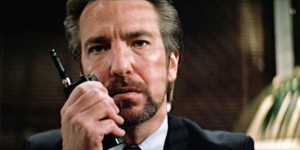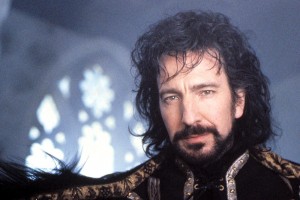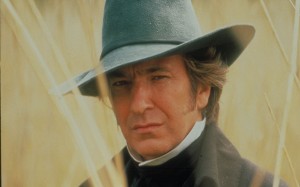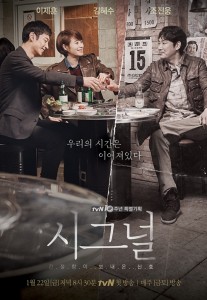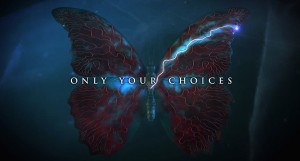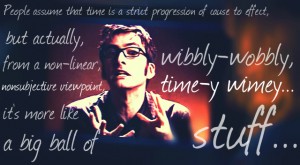Stars: 5 out of 5.
First of all, can I squeee like a fangirl that the second book in this series if finally out? OMG OMG, I’m so happy!!!! Ahem, now that I got that off my chest, let’s proceed with the review, shall we? 🙂
I read and absolutely loved Linesman, the first book in this series, and you can read my raving review here if you want, so I had been waiting for Alliance with bated breath. I am happy to say that I haven’t been disappointed. I burned through that book in three days, and I would have finished earlier, but I had to work, eat, sleep, and exercise as well. I absolutely loved it! I would have given it 10 stars if I was judging books in a 10 star scale.
But let’s stop digressing and dive into the story, shall we?
Alliance picks up a few weeks after the end of Linesman. There’s been a major power shift in the different fractions that share the known space, with several words forming the New Alliance and going against Gate Union. The conflict hasn’t degenerated into a full blown war yet, but it’s mostly because Gate Union is confident that they can suffocate the New Alliance by cutting their access to the jump gates. And the New Alliance is still trying to figure out how to use the alien ships they had discovered in book 1. Because the problem is that Ean managed to link several human ships to the Eleven (the alien line ship), but he has no idea how to unlink them and let them move separately. They all jump together or not at all. Kinda hard to wage a war when your fleet can’t break formation isn’t it?
I love that we start this book exactly where the previous one left off, because this is such a complex word and Linesman raised to many interesting questions about the true nature of lines and the way linesmen interacted with them. I’m happy that the author chose to explore that further in Alliance. And we finally learn what line seven does! It’s not as useless as everyone had assumed for nearly 500 years, and proves to be quite crucial in some rather tense situations.
I also loved that we got more development into the relationship that grows between a captain and his or her ship. It was hinted in the first book that a captain bonds with his ship and that the lines end up reflecting a bit of the captain’s distinct personality. That’s why Captain Helmo immediately noticed when Ean touched on of the lines on the Lancastrian Princess without his approval in book 1.
In Alliance, we discover that captains pretty much bound with their ship for life, that’s why once you assume captainship of a ship, you never move anywhere else. Ship = Captain, hence the instances of “mad ships” when captains die in an accident or are killed, and why captains usually don’t survive the destruction of their ship.
And here comes Captain Selma Kari Wang, the only survivor of a vicious attack on her ship. She lost her legs, she lost her crew, she lost her ship, and with that, she lost her soul and her will to continue living. But to her dismay, the New Alliance wants to put her on the alien ship Eleven. Putting an experienced captain on a brand new ship is never done, but political struggles in the New Alliance play so that nobody asks her about her opinion on the matter. So she is sent on a ship she doesn’t want or care about, that nobody else understands either, when all she wants is to crawl in a hole and die.
Of course, she clashes with Ean, who has a dilemma now. He knows that the lines are more sentient than anybody has ever thought, and that ships need a captain and crew to be happy. But they need a good captain and a close-knit crew. He knows that the alien ships are lonely and crying to be manned and used. He knows that there is a deficit of captains out there and that the crewing of such a strategic ship will be mired in political jostling and problems. But he can’t accept a captain that doesn’t want or appreciate her ship, or who is borderline suicidal…
But those problems have to be put on the back burner when somebody seems very determined to kidnap Ean, and when Gate Unions keeps jumping suicide ships into the Eleven’s fleet in an effort to destroy it in one swift explosion.
All my favorite characters are back, some minor characters from book one get more development and step up to play major roles, and we are introduced to a few awesome new characters as well, like Selma Kari Wang.
The story is fast-paced and full of tense moments, so much so that I couldn’t put it down. I HAD to start the next chapter and see where the story was going as soon as finished the previous one.
So if you are looking for a cracktastic sci-fi series to start, I would recommend picking up Linesman and Alliance at the same time, and you are guaranteed at least a week of exciting reading.
PS. I received an advanced reader copy of this book from NetGalley in exchange for an honest review.



